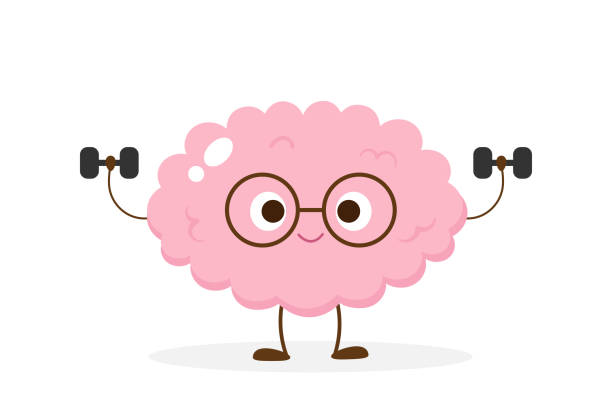Research
Dr. Sun’s research examines the behavioural and neural basis for language and reading acquisition in bilingual children using various methods, including behavioural assessments, surveys, and functional Near-Infrared Spectroscopy (fNIRS). Another line of her work looks at the role of culture in shaping individuals’ intuitive beliefs about learning (i.e., beliefs about intelligence, language learning, and broadly, beliefs about the mind and brain). Dr. Sun’s work has been published in impactful journals, including Journal of Experimental Psychology: General, Child Development, Developmental Science, npj Science of Learning, and Human Brain Mapping. Dr. Sun is committed to leveraging psychology, education, and language science to understand the heterogeneity of neurocognitive profiles among children from various linguistic and cultural backgrounds and integrating brain sciences into research and applications to benefit young learners, parents, and educational practitioners.
Here are some themes and techniques that we currently work on:
Functional Near Infrared Spectroscopy (fNRIS). fNIRS is a non-invasive brain imaging technique that measures brain activity by detecting changes in blood oxygenation. Using near-infrared light, it monitors cortical neural function in real-time, offering a portable, quiet, and motion-tolerant alternative to fMRI—making it ideal for studying brain function in natural settings and diverse populations.
